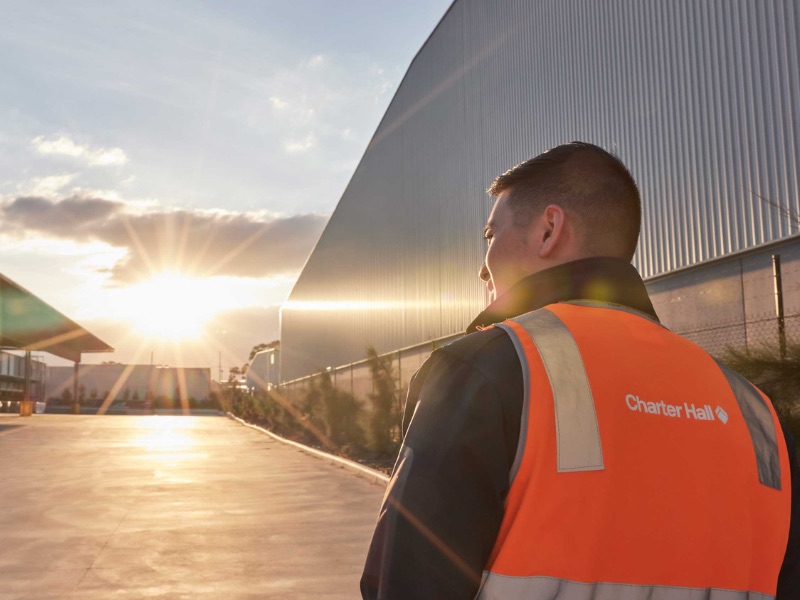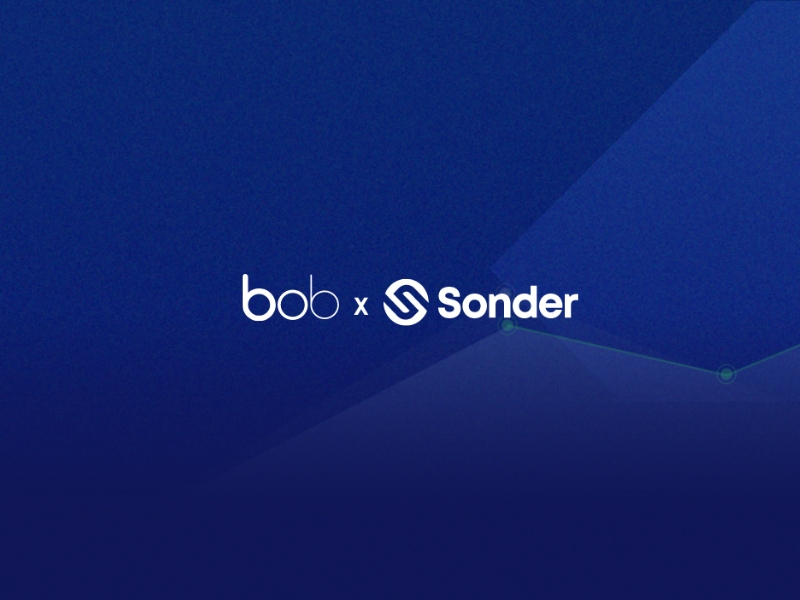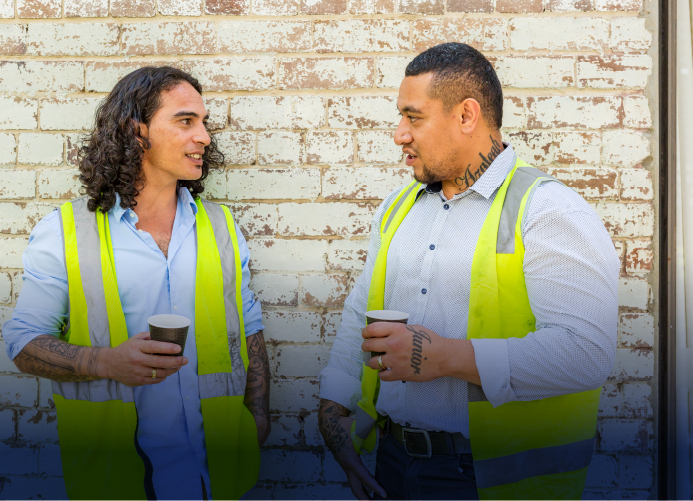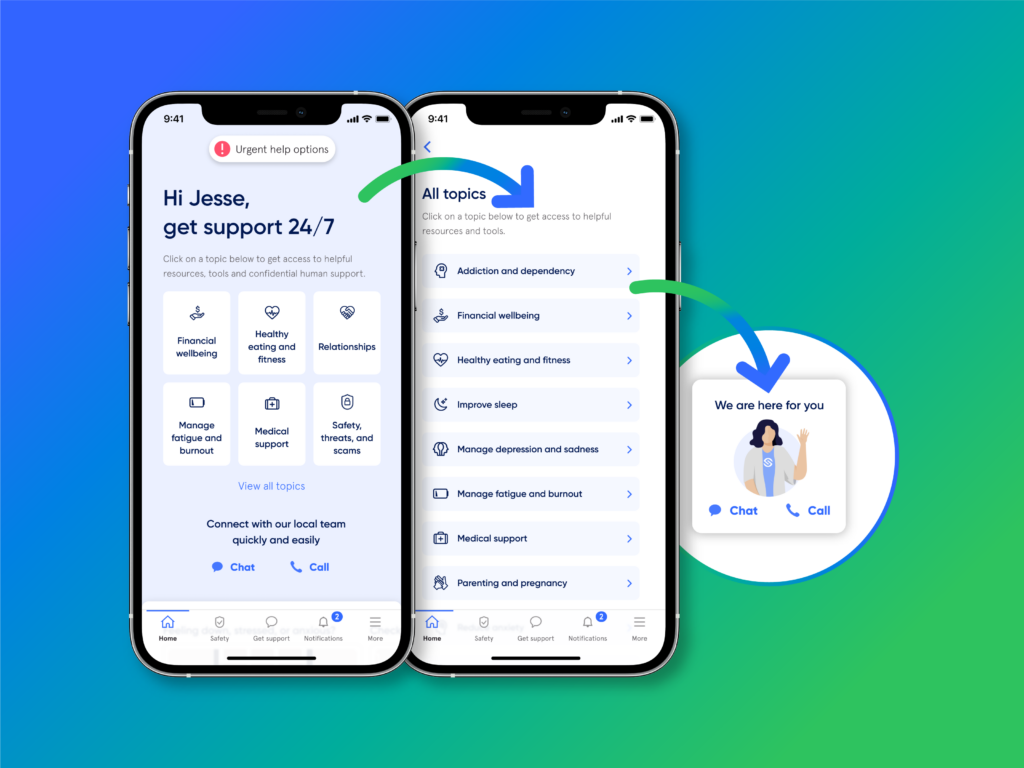Case Studies
How Sonder provides support to frontline workers facing customer hostility
Discover how businesses like Universal Store and TFE Hotels are using Sonder’s digital services and responsive human support to keep their employees safe and prevent harm.
New report: 75% of frontline workers experience customer aggression
Customer aggression is on the rise in Australia and New Zealand – with more frontline workers being affected, more frequently. Our new report deep dives into the survey data and shares strategies to reduce the risk and keep staff safe.
Kontor provides employees with complete wellbeing support through Sonder
With an expanding team to care for, Kontor needed a simple solution to support their staff. In December 2023, they partnered with Sonder to provide mental health, safety and medical support, all in one place. Whether it’s a billion dollar…
How Charter Hall reimagined workplace safety, wellbeing and mental health with Sonder
When Charter Hall needed a wellbeing platform to support their people, they turned to Sonder. In a short time, they were able to implement the platform and support employees with complete, proactive care for their safety, physical and mental health….
How to balance performance and wellbeing at work with HiBob
Mental health and wellbeing at work remains top of the agenda for many people leaders. But is it possible to maintain a strong culture of wellbeing all while chasing demanding targets and business success? It’s a tough question, but in…
How can we measure ROI on EAPs and employee wellbeing programs?
Historically, when evaluating employee wellbeing programs, business leaders have focussed on return on investment (ROI) and people leaders have focussed on the impact on their people. Today, as business leaders have become more attuned to the flow-on business benefits of…
EAP pricing: Can a fixed-price contract avoid nasty surprises?
It’s hard to put a price on employee health and wellbeing. Nevertheless, price is usually a key factor in procurement processes for employee wellbeing support. But, how do you evaluate the different pricing options and avoid nasty surprises that blow…
How can I get my team to use our EAP?
Like any investment, an EAP (or EAP alternative) has the potential to realise positive dividends, but only if employees use it. This is where many employers need help, and post-sales activation support from their EAP provider can often make or…
What is a ‘good’ EAP uptake rate?
Every day at Sonder, we’re asked what a ‘good’ utilisation rate looks like for an employee support program (EAP). Even though we’re not an EAP – we’re an EAP alternative with a much broader safety, medical, and mental health offering…
Should we replace our EAP with a self-help wellbeing app?
Workplace employee assistance programs (EAPs) have long been a popular option for employee wellbeing support. However, their results can be disappointing, and in a catch-22, sometimes as few as one to five per cent of employees utilise their services. This…
Is it true some EAP counsellors are not registered?
Selecting an employee assistance program (EAP) – or a modern employee support alternative – can be tricky. Vendor and industry terminology can vary greatly and it can be difficult to compare apples with apples. One great example of this is…
Is your EAP providing best-practice support after critical incidents?
By their very nature, critical incidents in the workplace can be overwhelming and traumatic. They can also trigger snap decisions out of fear, panic, and a sense of helplessness. That’s why employers need to put a post-incident support plan in…
Is your EAP open when employees need help the most?
Much has been said in the media about people waiting longer for medical care and mental health support. But, what’s not being said is that many people are waiting unnecessarily because their employee assistance program (EAP) is not open when…
Should EAPs offer more than mental health counselling?
Employee assistance programs (EAPs) have long been synonymous with employer-funded mental health counselling services. But today’s employees expect more than only mental health support. To perform at their best, many employees are looking to their employers and EAPs to provide…
Psychological debriefing: Why are employers still paying for it?
Last month, following the tragic bus accident in the New South Wales Hunter Valley that killed 10 innocent wedding guests, a spotlight was once again shone on the practice of psychological debriefing. Richard Bryant, Professor and Director of the Traumatic…
University of Oxford research links workplace wellbeing to business performance
If you’re a business leader who loves data, you might enjoy the recent Workplace Wellbeing and Firm Performance working paper, published by the University of Oxford Wellbeing Research Centre. The May 2023 paper aggregates data from employees at more than…
Cultivating proactive health behaviours in your team just got easier
In today’s workplace, leaders understand that an increase in sick days is just the tip of the iceberg. These “sickies” can signal a larger issue known as the ripple effect, where employee wellbeing concerns worsen over time if left unaddressed….
What did we learn from three million safety notices?
According to Maslow’s hierarchy of needs, safety is fundamental. Maslow’s “A Theory of Motivation” argues that unless people satisfy basic physiological and safety needs, they aren’t motivated to acquire emotions such as belonging and love, esteem needs, or self-actualisation. Logic…
Employees want safety support after business hours, say 10,000+ cases
When leaders talk about wellbeing, their first conversation is often about stress and burnout. Whilst this is important, an equally critical conversation needs to be had around personal safety – because it’s hard for people to perform when their fundamental…
Get supported today
24-7 virtual and in-person support for times when you feel unsafe, unsure or when you’re facing a complex or confronting situation.



















